Chemistry
|
Powerful Knowledge |
|
Knowledge is taught via sequenced units built on KS4. There is a focus on the 4 strands of our science curriculum - Knowledge, Scientific Literacy, Scientific Numeracy and Practical skills. Knowledge at KS5 follows the Edexcel specification and particular emphasis is placed on mastering the following concepts
Teaching is focussed on deliberate practice in several contexts to both broaden understanding and build fluency in synoptic assessments.
Inorganic Structure and bonding in molecules and substances, linking these to physical properties Redox Reactions Fluent Chemical Numeracy including a clear understanding of the concept of amount. Chemical Kinetics including fluent use of graphical and numerical techniques
Organic Hydrocarbons and Functional groups Structures and Synthesis including fluent understanding of reaction mechanisms and reagents/conditions needed for functional group conversion, particularly on unfamiliar molecules. Chemical Tests for functional groups particularly on unfamiliar molecules.
Physical Atomic structure and the Periodic Table including understanding of orbital interactions.. Energy and Thermodynamics including indirect calculation and the idea of entropy and enthalpy. Modern spectroscopy including linked analysis Chemical equilibrium and expressing equilibria mathematically focussing on algebra and logarithmic.
Chemical Numeracy Understanding of algebraic manipulation. Fluency of standard form. Derivation of units. Graphical skills including tangents and very accurate plotting.
Practical Knowledge Understand common analytical procedures and safety (including titration). Evaluate and justify techniques including uncertainty and error. Confidently select synthesis techniques for organic compounds and purification. |
|
Literacy |
|
We teach new vocabulary using knowledge organisers and low stakes testing of these. Within lessons keywords are regularly provided and use of these directed in longer explanations. Sequencing clear explanations using retained knowledge and applying understanding from established models to new and novel reactions. Our teaching focuses on the explicit and accurate use of vocabulary so that meaning is unambiguous. Students have the opportunity to read more widely than merely a textbook with access to current scientific writings. |
|
School Context |
|
While Stowupland High school is classified by postcode as an urban school we have a strong rural element. Students need horizons widening and explicit links made with a multicultural Britain whilst linking learning to surrounding industry that uses Chemistry. In teaching
West Suffolk Hospital- Modern Spectroscopic techniques Newmarket Studs - Modern Spectroscopic techniques ICI - Organic synthesis and polymers Muntons- Organic reactions of alcohol including enzymes# Analytical techniques (including titration) Treatt UK- Organic reactions Surechem - Titration and ion tests Gt. Blakenham incinerator - Catalytic chemistry \Greene King- Organic reactions of alcohol including enzymes
Outreach opportunities Big Bang Medical careers conference London Lectures CERN visit |
|
Assessment |
|
Students are assessed via
Pink feedback sheets are completed alongside students rather than away from students as the developmental dialogue is valuable for learning. |
|
Careers |
|
National Clinical scientist, biochemistry Research scientist (physical sciences) Scientific laboratory technician Local West Suffolk Hospital ICI Muntons Treatt UK Surechem Gt. Blakenham incinerator UEA / UCS Greene King |






